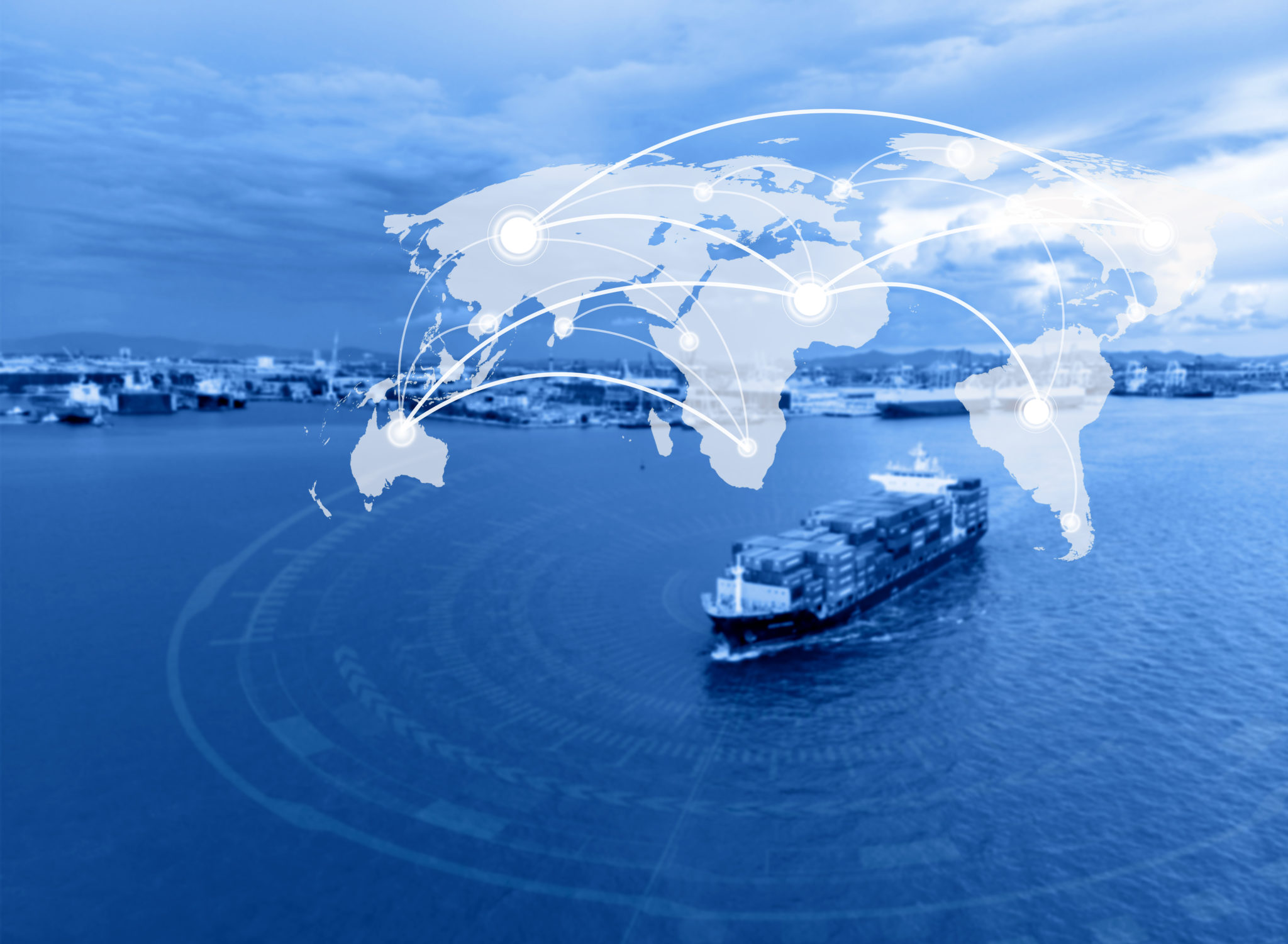Shipping sails to new frontiers in risk management

Shipping, it is often said, punishes rather than rewards innovators and first movers, but this is far from true across the board. It may be correct in terms of technology adoption and regulatory compliance but where the steel meets the water, those with an eye for risk take the prizes too.
Attend any industry event and, often at the networking drinks, there will be someone bemoaning the loss of the swashbuckling shipping industry at the expense of a corporatised, commoditised business.
In fact, the trouble with risk, is not unlike shipping, it isn’t what it used to be. True, shipping still has miles to run in improving its scrapping regime, equality of opportunity and treatment of seafarers among other issues, but in the main, the industry has realised that it needs to limit risk rather than encourage it.
There are several drivers to this change, not least sustainability, but more immediately digitalisation which is using data to slowly unpick layers of opaque business practice, identifying opportunity for improvement across the board.
If sustainability has its roots in regulation then the other major influence takes the form of market measures that will increasingly drive corporate behaviours. The most obvious of these are the Poseidon Principles and Getting to Zero Coalition which are sucking in support from across the industry promoting best practice rather than rules.
It’s for this reason no doubt, that the cost and availability of finance was cited by 30% of respondents to the Shipping Risk Survey by adviser and accountant BDO as the factor likely to pose the highest level of risk in the next 12 months. This has grown from less than 20% a year ago and was the number one risk factor for owners, charterers and managers, deemed to pose the highest level of risk in all geographical areas with the exception of North America.
There is scant detail yet on where the money will come from to build the ‘carbon-neutral’ ships needed to comply with the IMO’s 2050 carbon intensity reduction targets, especially as some will be needed as soon as 2030, though at least the world’s biggest capital market seems unconcerned at the prospect.
Sound enterprise and business risk management are making an improved contribution to commercial success in the shipping sector according to BDO, but the industry still needs to improve its risk management procedures in the face of a growing level of threat to its security.
Other major risks identified include demand trends (18%) competition (11%), geopolitics (8%) with a noticeable increase in respect of breaches in health and safety (up from 1% to 6%) and emissions (up from 3% to 7%).
The level of risk posed by the majority of these factors are likely to remain steady over the next 12 months, with the exception of air emissions, bunker fuel costs, cyber security and geopolitics, which were all perceived to have the potential for increased risk.
Among the more illuminating data points, 67% of respondents felt that the senior managers in their organisations had a high degree of involvement in enterprise and business risk management – compared to 74% last time.
Meanwhile, 18% (up from 16% previously) said that senior management’s involvement was limited to ‘periodic interest if risks materialise’, 11% (up from 10% last time) said that senior management ‘acknowledged but had limited involvement in risk management’, and 4% said that senior management had no involvement whatsoever (compared to 1% last time).
That looks like an encouraging statistic when just shy of 70% believe that senior managers are engaged with risk, but when we consider that closer to 20% have an interest that is ‘periodic’ and 10% admit to limited involvement, it’s something of a red flag.
As Michael Simms, Partner, Shipping & Transport at BDO points out, the survey suggests that the industry is still not fully cognisant of the nature and extent of the risks to which it is exposed and will need to address a number of issues in order to maintain and increase its attractiveness to existing and new investors alike.
Shipping remains a classic risk-and-reward industry, and one which throughout its history has both rewarded and punished those taking the risks. “Generally speaking, those who do their due diligence, and who come up with a sound business plan, are the ones best placed to reap the rewards,” he added.
The impact of changes to legislation was deemed the factor most likely to result in a material mis-statement in companies’ period-end financial statements followed by non-compliance with existing legislation.
“In many respects, today’s industry faces the same challenges that it did two centuries ago, not least competition, tonnage supply and demand, and operating expenses. But there are new problems to be faced now, such as cyber security and the cost of environmental compliance, which today’s industry will ignore at its peril,” Simms said.
The fact that cyber security and geopolitics were identified as among those issues having the potential for increased business risk over the next 12 months suggests that the industry is well aware of the dangers posed in these two areas, yet only 2% felt that IT and cyber security posed the highest risk to their organisation.
Simms also pointed out that in future it may be expected that further attention will need to be paid by the shipping industry to managing new emerging risks such as scrutiny by the OECD of low-tax jurisdictions as well as the increased focus on the ‘greening’ of finance.
“The cost and availability of finance was far and away the biggest perceived risk, but sourcing finance will no longer be an issue for companies which are hacked out of business because of a lack of IT integrity and security. Meanwhile, given the proximity of the IMO 2020 implementation deadline, it was no surprise to see both fuel emissions and bunker and fuel costs rated as having increased business risk.”
Click here to download the report from BDO.
